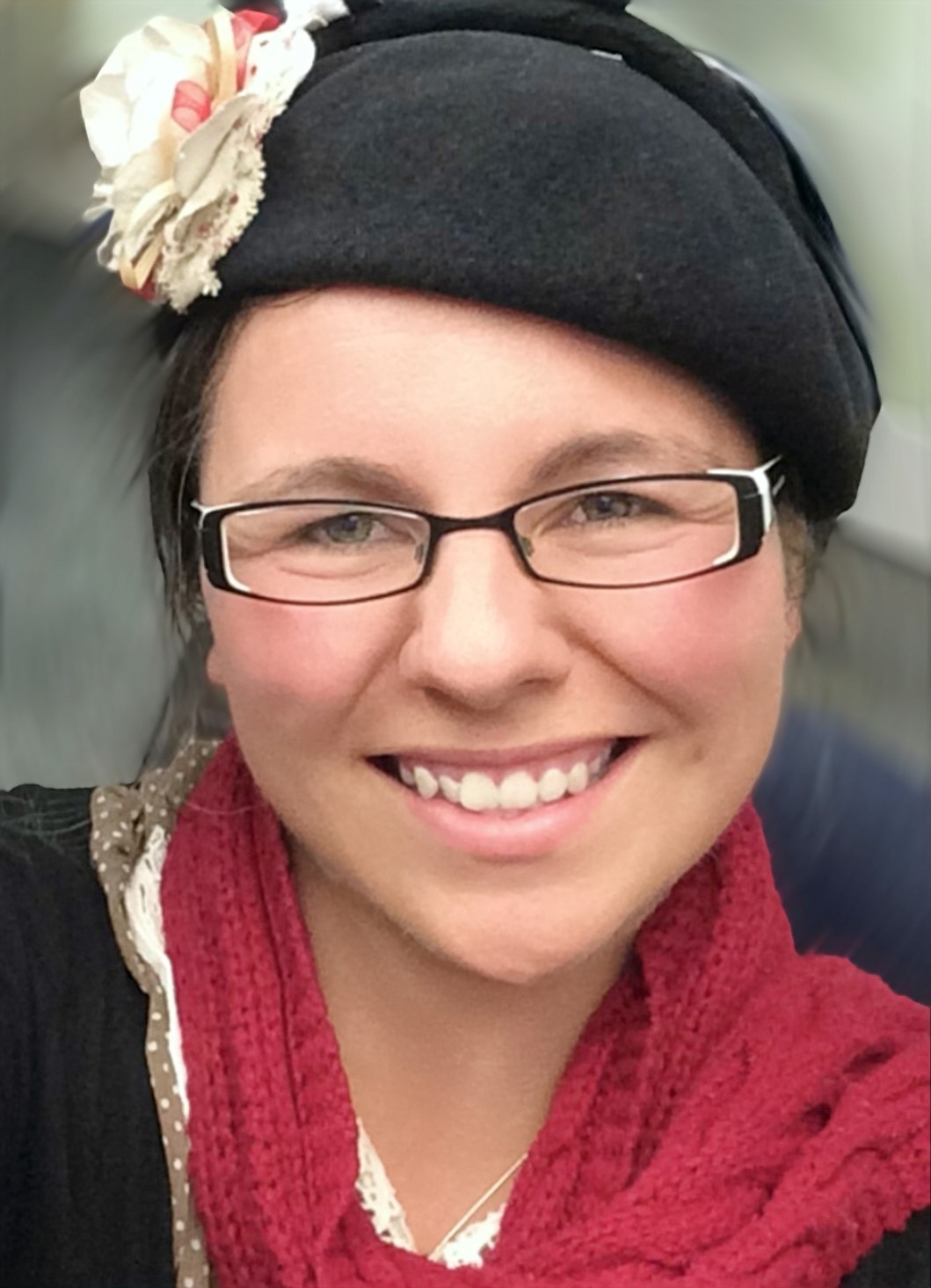Thursday, 16 November 2023
ReOps Conference 2023
The only international conference for the ResearchOps community. This immersive virtual event is designed to inspire, educate, and connect professionals shaping the future of innovation through ResearchOps.
NETWORKING
UNIQUE TOPICS
PERSPECTIVE
COMMUNITY
Opening Keynote:
How I pivoted from research to ops, and how you can too
This talk will reflect on ResearchOps as a craft - the transferable skills I made use of and the new skills I have learned to transition from Research to ResearchOps.
Closing Keynote:
Setting Boundaries in Research Operations
Join me as I explore strategies for establishing boundaries within your Research Ops team. Learn how to prevent burnout and cultivate reasonable expectations regarding the team's responsibilities. Together, we'll navigate the fine balance of what Research Ops can and should support, and where those boundaries should be set.
Building a Triple Threat – Data Analysis, Organization-Wide Repository, and Education Library
In our presentation, we will describe how we built our repository within the constraints of the highly regulated medical device industry. We will also share how we internally tested the platform for ease-of-use, using UXR methods.
Democratize Research: Elevate UX Research Practice
We created several programs to enable non researchers to conduct their own research: a DIY research training program and self-service recruitment combined with a streamlined system of prioritization and oversight. .
Meet hundreds of experts
Participate in a fully remote conference, eliminating travel constraints and connecting with professionals worldwide.
Network with everyone attending in our Speed Networking section during the conference. You'll be able to meet one-on-one for five minutes with randomly matched ReOps attendees from around the world.
Welcome to the ResearchOps Conference
Starting your own insights repository can be extremely exciting yet overwhelming at the same time. While there's no shortage of resources on how to kickstart this process, the more intricate aspects that can make or break your repository often remain hidden. In this talk, Johanna shares the 'I-wish-I-had-known-this-before’s' for building insights repositories, based on her extensive experience collaborating with over 10 successful repository-building teams. Through real-life examples and anecdotes, you will get a glimpse into the less obvious challenges that can arise – like how to decide how much you should actually migrate and what to avoid when rolling it out to the wider business – and leave with concrete solutions to overcome them.
Building a ReOps Program with RallyUXR
Rally is the first User Research CRM to help teams spend less time recruiting and more time talking to their users. Rally streamlines your research process by automating outreach, scheduling, and incentives. Cut out the tedious manual work of recruiting so you can focus on what matters most: doing meaningful research.
Without research operations as a user research team scales, issues around research data and knowledge management, siloed working and lack of joined up recruitment can arise, significantly impacting the team's ability to make an efficient and effective UR impact. This was the problem faced by the Social Security Directorate at the Scottish Government when it scaled rapidly from 5 to over 40 user researchers. This talk will cover practical actionable examples of how I set up research operations in a large established UR team. From advocating for implementation and securing senior management backing to leading a collaborative change management program and establishing research operations, concluding with the benefits achieved by having a successful impactful ops team.

RACHEL MALE
Networking & Conference Break
Current conversation about collaboration is framed around how Research can work with Engineering, Product, and Design. But when great collaboration starts within our own team, it lays the foundation to the kind of impact we hope to achieve in the first place. In our talk we'll break down a typical research study lifecycle, the problems that can arise, and explain how a stronger ops and research partnership can overcome issues together and amplify Research’s impact in the process.

KATE FISHER

JULIA COWING
Small ReOps teams (which could be one person, or a researcher doing ReOps “on the side”) are often faced with supporting multiple pillars of research and asks coming from all sides. Making work visible with concrete tracking systems — such as Jira – doesn’t dehumanize work, rather, it humanizes it by enabling humane workloads and expectations. By borrowing ways of working and tools from Agile product development, we can discretize, visualize, and prioritize ReOps projects and tasks to enable a ReOps function from side hustle to sustainability.

LAUREN GALANTER
Buy the Right Thing: Case studies in finding and procuring the right tools for your team
One of the most important roles in Research Operations is identifying, procuring and managing the right tools for your team. It’s also one of the more challenging parts of the role; something we do relatively infrequently, often with an information asymmetry between ReOps and vendors; and it can have a long lasting impact on your team & their work.
In this talk we’re aiming to reduce some of the anxiety around tool identification and procurement by creating a space to share a range of perspectives:
Gusto and their recent journey to find a research recruitment + repository platform that would enable democratization within the context of a regulated industry (HIPAA)
Turo and their process to identify needs & procure a new unmoderated prototype testing tool
Ned Dwyer will provide the vendor perspective, how to work with your partners to get the most out of the engagement.
The Zio Research Library goes beyond providing a qualitative data analysis tool for researchers by creating an essential research repository of insights and reports that our colleagues across the enterprise can leverage. In our presentation, we will describe how we built our repository within the constraints of the highly regulated medical device industry. We will also share how we internally tested the platform for ease-of-use, using UXR methods. Finally, we will demonstrate how we are using the repository as a means of educating the wider organization on UXR and the value it brings, with a focus on measurable impact through OKRs.

JEFF SOKOLOV

RACHEL SEARING
Networking & Conference Break
Introducing the ResearchOps Community
As a small ResOps team of two supporting a product team of 200, our goal is to enable UX research at scale within the product development organization through scalable operational programs. To achieve this goal, we needed to be strategic with our time and resources and figure out a way to make research self-serve while ensuring legal compliance, appropriate allocation of budget, and upholding high quality research standards. We created several programs to enable non researchers to conduct their own research: a DIY research training program and self-service recruitment combined with a streamlined system of prioritization and oversight.

ERIN NAKAHARA

MIRANDA FITTS
With a growing shift towards democratized research, where non-researchers independently conduct research, relying on a single Research Ops practitioner or a small Ops team is no longer efficient to handle all your recruiting needs. To support research at scale, Ops teams should build a DIY recruiting program, reserving the traditional full Ops support approach for only the most intricate, challenging, or sensitive projects. This talk will guide you through creating a new DIY recruiting program, promoting acceptance from stakeholders and measuring success over time.

ERIN COTRONE

ALEX GALANTER
AI in Research with Marvin
Powered by advanced AI, Marvin automates all aspects of user research, from setting up the interviews, recording the calls, taking notes, and turning recordings into rich insights. Every product enhancement and capability comes directly from listening to the people who use Marvin every day.
Recruiting articulate, engaged, and reliable research participants in the right target audience is critical for the success of a study.
Join us to learn some best practices for human-centered recruitment and strategies to create positive experiences that add value for research participants, stakeholders, and recruiters.
Learn how to create and execute a recruitment plan and strategies for recruiting quality research participants, and leave this talk with a toolkit of actionable strategies to facilitate positive participant experiences, which will generate valuable insights.
The Incentives Participants Actually Want
Tremendous and The Decision Lab developed a first-of-its-kind incentive calculator that determines how much research participants want to be paid for their time based on experimental evidence. While other incentive calculators are based on historical data that explore how much researchers are already paying, the Tremendous calculator is based on conjoint analysis and reveals participants’ actual expectations and preferences.
This latest research factors in how participant expectations change based on study design and incentive type, among other variables.In this call, Ian and Turney walk us through their findings, discuss what worked and what didn’t with their model, and outline the follow-on research they hope to complete to improve and expand existing knowledge on incentivization. Join us for a deep dive on new ways to approach research incentives.
Networking & Conference Break
In an environment where mergers and acquisition impacted our teams and their tools, rebuilding research ops for design and product led initiatives becomes a critical imperative. Join me to hear about our efforts in the past year to rebuild our research operations, make the best of tool and service losses, and recreate protocols around what we have whilst building case studies for what we might need has been a journey of recovery as well as capability uplift.

CATHERINE HILLS
Faced with the task of building a strong global research framework that aligns with local restrictions, regional distinctions, and teamwork, Yara's diverse geographical reach poses unique challenges for ResearchOps professionals. We will talk about aligning global strategies with local sensitivities to ensure that research findings translate into actionable insights for one of the most important industries to humankind- agriculture. We will discuss the learning points of shifting from fragmented regional research to a cohesive global approach that blends global objectives with local understanding.
After years of negotiating for resources and proving the value of Research Ops, you’ve finally made it! You’ve convinced your organization that having a dedicated Ops team will increase the efficiency and impact of your UX researchers. This is a monumental achievement. However, with this newfound recognition, comes heightened expectations.
Your Ops team can easily find itself overwhelmed, shifting from a resource provider to a constant helpdesk. Researchers rely on the Ops team for quick solutions, aware that they hold the keys to their questions. Join me as I explore strategies for establishing boundaries within your Research Ops team.
Learn how to prevent burnout and cultivate reasonable expectations regarding the team's responsibilities. Together, we'll navigate the fine balance of what Research Ops can and should support, and where those boundaries should be set.

JENNIFER OTTO
Closing out ResearchOps Conference 2023




















